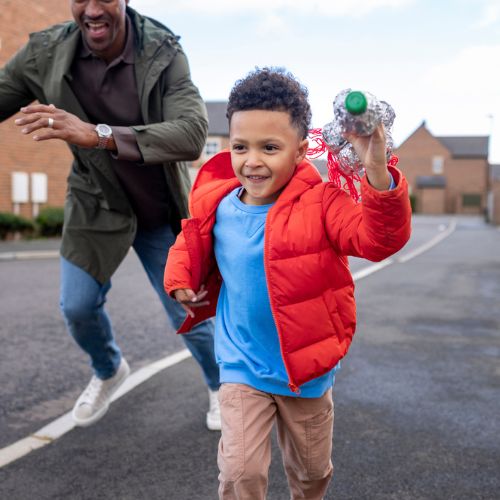We provide a safe space for your child to express themselves, learn coping strategies, and better understand their thoughts and feelings.
What to expect when taking your child to therapy
Learn about the benefits and potential challenges of taking your child to a therapist. Discover what to expect during therapy sessions, how to prepare your child, and how to communicate with the therapist to ensure the best outcome for your child.





